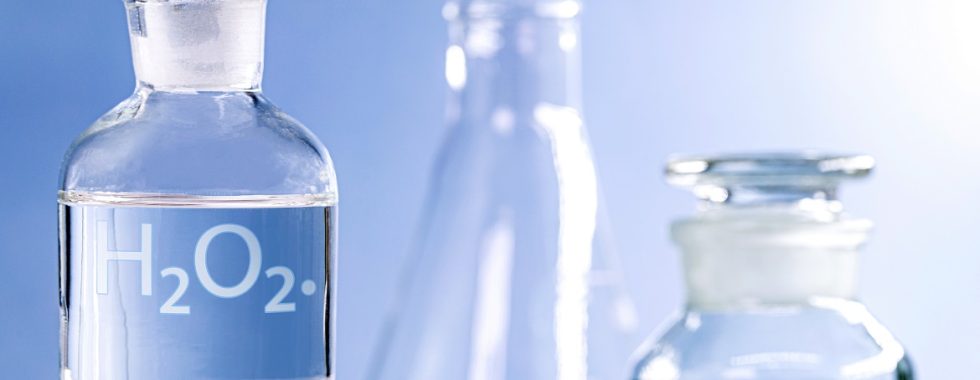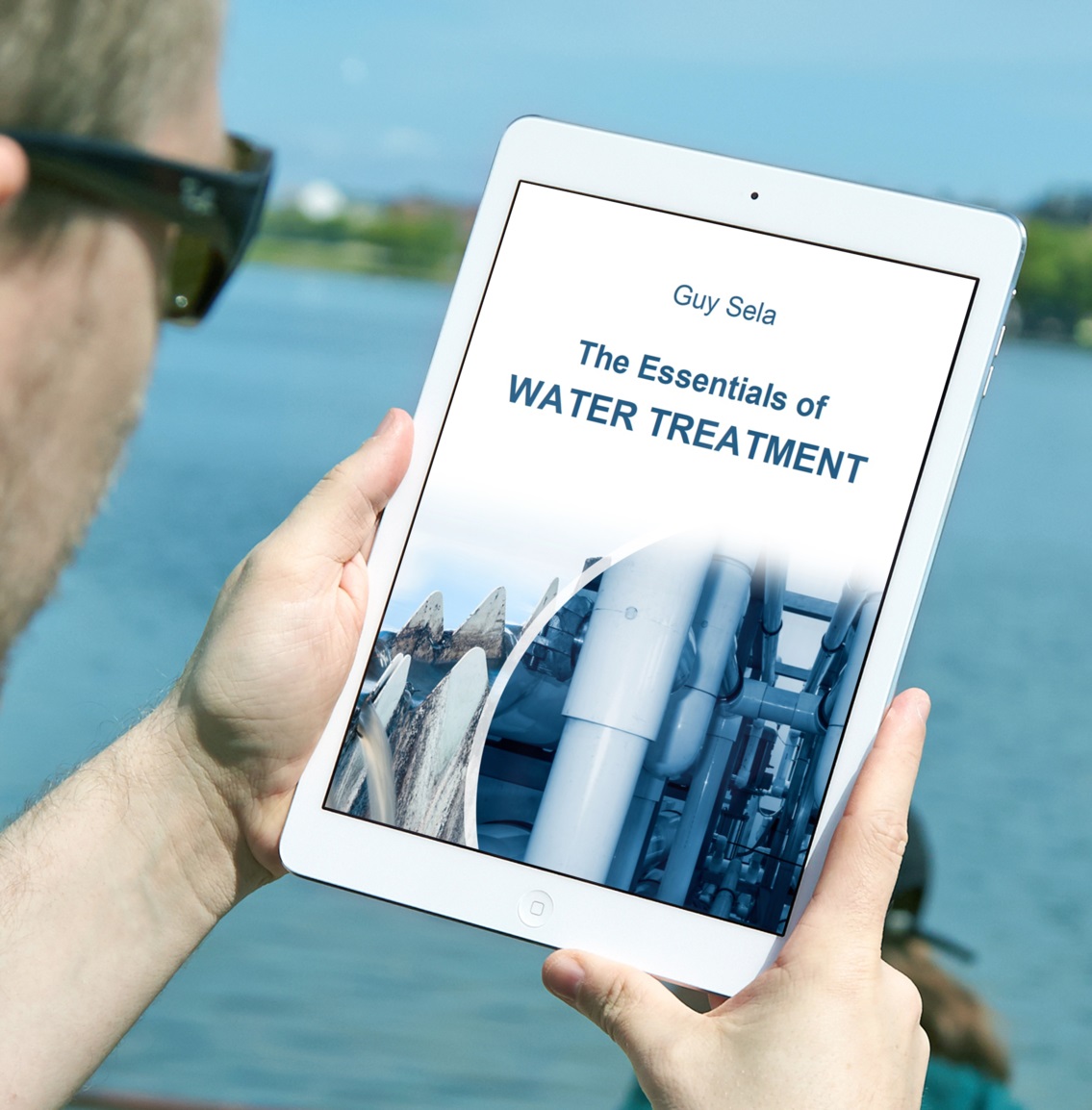Hydrogen Peroxide as a Water Disinfectant
Hydrogen peroxide (H2O2) is a chemical compound made up of two hydrogen atoms and two oxygen atoms. It is a powerful oxidizing agent that is commonly used as a disinfectant and bleaching agent. However, it is less commonly used in water disinfection. In this article, we will explore the benefits of using hydrogen peroxide for water disinfection, as well as its limitations and how it compares to other commonly used disinfectants such as chlorine.
Benefits of using hydrogen peroxide for water disinfection
Hydrogen peroxide has several benefits as a water disinfectant:
- Disinfection efficiency – Hydrogen peroxide is generally an effective disinfectant. It is able to kill a wide range of microorganisms, including bacteria, viruses, and fungi. It is also effective at inactivating parasites such as giardia and cryptosporidium.
- Environmental impact – Hydrogen peroxide is environmentally friendly. It breaks down into water and oxygen when it comes into contact with water, leaving no toxic byproducts or residue.
- Safety – It is relatively safe to use. Hydrogen peroxide is not a carcinogen and does not produce harmful byproducts when it breaks down. However, it should be handled with caution as it can cause skin and eye irritation and should not be ingested.
Limitations of using hydrogen peroxide for water disinfection
While hydrogen peroxide is an effective disinfectant, it has some limitations that you should consider considered:
- Hydrogen peroxide is not as stable as some other disinfectants. It breaks down over time and can be affected by light and heat, which can reduce its effectiveness. As a result, it may need to be replaced more frequently than other disinfectants.
- It is less effective at killing certain types of microorganisms, compared to other disinfectants. For example, in the case of viruses. In addition, it is not effective at killing all types of plant pathogens, and it may not be suitable for use in situations where certain pathogens are of concern.
For example, hydrogen peroxide is not effective at killing bacterial spores, which are highly resistant to most disinfectants. It is also not effective at killing certain types of fungi, such as Pythium and Phytophthora. These pathogens can cause root rot and other diseases in plants.
- Hydrogen peroxide is more expensive than some other disinfectants, such as chlorine. As a result, it might be less appealing for large-scale water disinfection applications.
Factors that affect the efficiency of hydrogen peroxide
Organic matter
Organic matter in water affects the efficiency of hydrogen peroxide as a disinfectant. Hydrogen peroxide is a powerful oxidizing agent that is effective at killing a wide range of pathogens, including bacteria, viruses, and protozoa. However, when it reacts with organic matter in water, it can produce by-products that can interfere with its ability to kill pathogens.
For example, the presence of organic matter can reduce the concentration of free hydrogen peroxide in the water. In addition, the by-products produced by the reaction of hydrogen peroxide with organic matter can be harmful to aquatic life and may require additional treatment to remove them from the water.
To maximize the efficiency of hydrogen peroxide as a water disinfectant, you should minimize the amount of organic matter in the water as much as possible. This can be achieved through proper water treatment and filtration, as well as regular monitoring and maintenance of the water treatment system.
pH
In general, hydrogen peroxide is more effective at disinfecting water at higher pH levels. This is because the concentration of hydroxyl radicals increases as the pH of the water increases. These hydroxyl radicals are responsible for attacking and destroying the cell walls of microorganisms, which leads to their inactivation.
However, it is important to note that the optimal pH for hydrogen peroxide disinfection can vary depending on the specific application and the type of target microorganisms. For example, some research has suggested that the most effective pH range for hydrogen peroxide disinfection against bacteria and viruses is between 7.5 and 8.5. On the other hand, for protozoan parasites, a lower pH of around 6.5 may be more effective.
The Essentials of Water Treatment - Ebook
Dive into the fascinating world of water treatment with our book “Fundamentals of Water Treatment.” Discover the theoretical and practical foundations that underpin this crucial field, learn about the latest technologies, and enhance your skills in water treatment. Propel your career and become an expert in preserving this vital resource! Click here to learn more
Temperature
The effect of temperature on the efficiency of water disinfection with hydrogen peroxide can vary depending on the specific conditions. In general, higher water temperatures can result in increased disinfection efficiency, as the rate of chemical reactions increases with temperature. Hydrogen peroxide will decompose quicker in warmer water, releasing the highly reactive hydroxyl radicals that are responsible for the disinfection.
Turbidity
The effect of turbidity on the efficiency of disinfection with hydrogen peroxide can also vary depending on the specific conditions. In general, higher levels of turbidity can reduce the efficiency of disinfection, as the suspended particles in the water can block the penetration of the disinfectant. As a result, it is more difficult for the hydrogen peroxide to reach and disinfect all areas of the water.
Recommended rates for using hydrogen peroxide
The recommended concentration of hydrogen peroxide for water disinfection varies depending on the intended use and the level of contamination present.
For drinking water, the EPA recommends a concentration of at 25 to 50 ppm of residual hydrogen peroxide.
For irrigation water, the recommended concentration for disinfection purposes is around 1000 ppm. However, it is important to note that these are general figures and the actual concentration required may vary depending on the specific conditions of the water and the pathogens being treated.
To use hydrogen peroxide for irrigation water disinfection, you can add the appropriate amount of hydrogen peroxide to the water and allow an adequate contact time.
Hydrogen peroxide vs. chlorine
Hydrogen peroxide and chlorine are both commonly used as water disinfectants to kill pathogens and ensure the safety of drinking water. Both have their own unique benefits and limitations, and the most appropriate disinfectant to use will depend on the specific conditions of the water and the pathogens being treated.
One of the main advantages of hydrogen peroxide is that it breaks down in water into water and oxygen. This makes it less toxic and easier to handle than chlorine. It is also effective at killing a wide range of pathogens, including bacteria, viruses, and protozoa. However, hydrogen peroxide is not as stable as chlorine and can decompose over time, making it less effective as a long-term disinfectant.
Chlorine is a highly effective disinfectant and considered to be more effective than hydrogen peroxide. It is stable and can be stored for long periods of time without losing its effectiveness. However, it is more toxic and corrosive than hydrogen peroxide. For example, it can produce harmful by-products when it reacts with organic matter in water.
In addition, higher concentrations of hydrogen peroxide are generally required for water disinfection compared to chlorine. As a result, application and management might be more complicated.
In conclusion, both hydrogen peroxide and chlorine are effective water disinfectants, but they have their own unique benefits and limitations. It is important to carefully consider the specific needs and conditions of your water before selecting a disinfectant.



